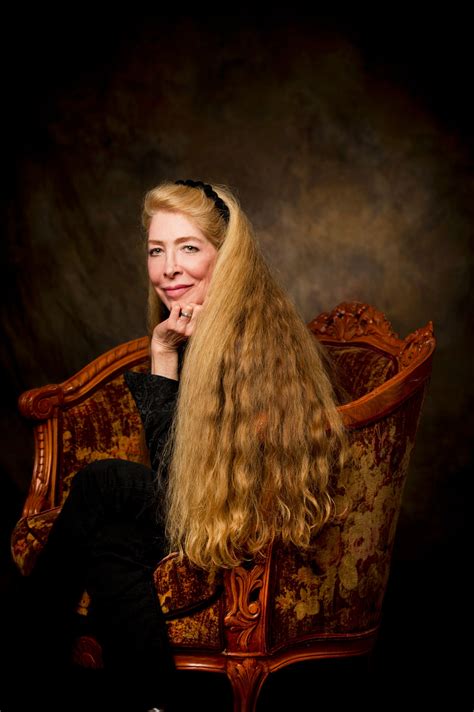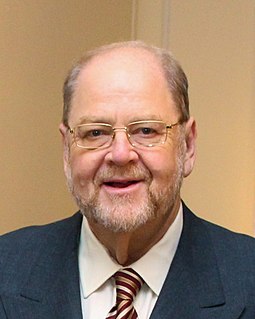A Quote by Gabrielle Zevin
I'm very privy to the way bookstores work, and I think a lot about the ecosystem that my books have been published in. I think it's great to be aware of how publishing works.
Related Quotes
Self-publishing in comics is core to the whole artform. There is no scarlet letter in comics as there still is, to some degree, in prose. As no publisher for a long time would publish serious work in comics, the only way a lot of it came out was because of self-publishing. Many of the greatest works of the medium are self-published.
Publishing a book is a great thing, and I'm grateful, but it's also a horrible, exposing thing. Once you've published a book, you never write quite as freely again. You're aware, from that point onward, of the kinds of things critics might say about it. You're aware of the kinds of things your publishers might like and dislike about it. You're half-aware of marketing strategies - of all the stuff around the book. Whereas with your very first piece of fiction, if you're lucky, those things barely occur to you at all.
I became aware of the very complex internal organization in a cell from the basic science classes, and it made me think about how all that could work. It seemed like a great mystery, especially how organelles in the cell can be arranged in three dimensions, and how thousands of proteins could find their way to the right location in the cells.
Even more than getting compliments on social media, what I love is when some random stranger says something very funny or insightful about my books, often in 140 characters or less! It's a very casual, low-stakes, non-burdensome way of connecting that I think is fun for both the writer and the reader. And there are a lot of clever people out there who have no connection to publishing.
A lot of people – and I’m just not one of them – believe that you should live for the now. I think what you do is think about the great expanse of time ahead of you and try to make sure that you’re planning for that in a way that’s going to leave you ultimately satisfied. This is the way it works for me.
Like a lot of small press founders I was looking for a way into publishing - as well as a way out of academia. Without moving to London, I couldn't see a way of working for a publishing house whose work I liked. Believe it or not, the simplest way for me to get into publishing was to start my own press.
I didn't think [Ella Enchanted] would get published. Everything I'd written till then had been rejected. If it was published, I thought it might sell a few thousand copies and go out of print. I thought if I was lucky I could write more books and get them published, too. I still pinch myself over the way things have worked out.



































